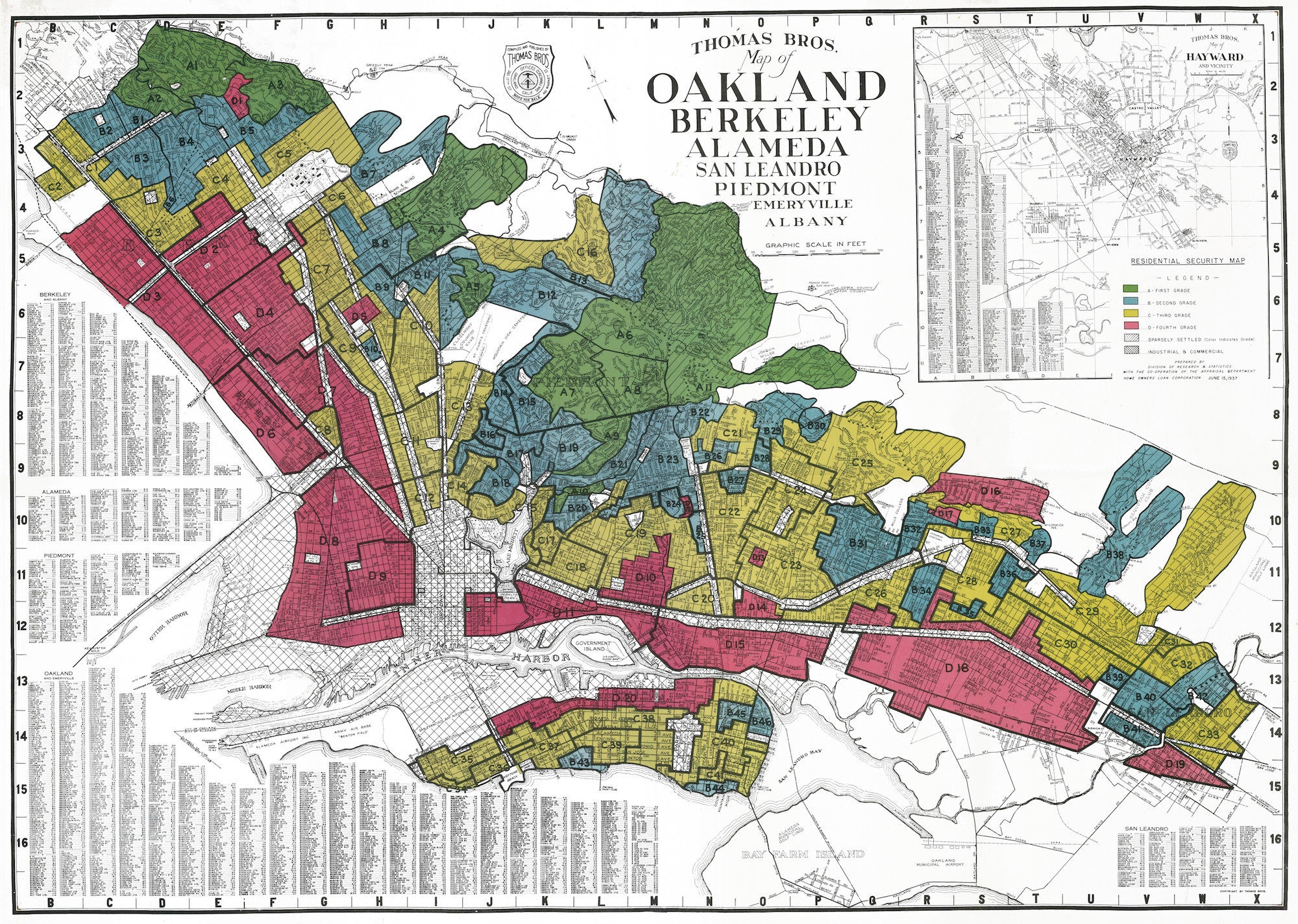Courses
Environmental Inequality and Justice: Over the course of the last 200 years the texture of social life has been dramatically transformed in nearly every corner of the globe. Often times these transformations are viewed through the lens of the benefits they have brought to bear. However, the cost of our progress has never been shared by all those who benefit from it. This arrangement has proven to be unjust and unsustainable. Locally and globally ecological processes are being transformed by the byproducts of our progress - threatening the well-being of humans, non-human animals, and the spaces that bind them. It has never been more important to consider the processes by which particular populations and their environments are sacrificed as payment for the maintenance of the modern, global society. This is the task taken up in this course. Students learn:
- to interrogate and better understand the structures of our society that are generative of the inequalities we have come to term environmental injustice.
- to consider what progress the environmental justice movement has made in reducing these inequalities, what the limitations of the movement have been, and what shape the movement is likely to take in the future.
- Finally, we will consider what the global nature of contemporary climate crises means for a society that is intent of maintaining the progress of the past, while also protecting our natures and reducing the social inequality that has made our progress possible.

Environment and Society: In this course students are introduced to the environmental social sciences– with emphasis on the study of interactions between humans and the environment. To effectively approach the topic we explore the field of environmental sociology extensively. However, students are also provided with a broad introduction to sociology, social theory, and the environmental social sciences more generally. Combining these perspectives, we examine the many ways that human societies affect the environment and- in turn- how human societies are constrained or empowered by the environment they develop within. Ultimately, students in this course will develop a deeper understanding of humanity’s place in the natural world, and how it is that social actors come to recognize and understand changing environmental conditions.

The Social Contexts of Public Policy: In this course students explore the sociological underpinnings and aims of public policy. We draw on theoretical and empirical works in the fields of sociology, anthropology, political science, and economics to begin developing a sociological imagination that allows us to connect the outcomes of current and potential public policy to broader social structures, goals, and values. In the course of developing such an analytical tool set, students will explore:
- Historical approaches to, and understandings of, public policy’s purposes and effectiveness.
- How public policies have variably impacted communities in various dimensions of social life (e.g. Urban Development and Housing; Gender Inequality; Racial Inequality, and Incarceration; Environmental Protection, Energy use, and Justice; Social movements and the State; and International Development).
- What recent sociological research suggests might be the most appropriate policy mechanisms and approaches for addressing social problems in the various arenas of social activities listed above.

Statistical Analysis in the Social Sciences: The aim of this course is to develop students' understanding of the fundamental statistical methodologies used in sociological research. Ultimately, the class is organized in order to help students develop a literacy in statistical research that will aid them in understanding and communicating research findings. With this goal in mind, the course focuses on building understandings of basic statistical concepts, such as the spread and shape of distributions, central concepts in probability, inference from samples to populations, and the fundamentals of model construction and interpretation. The course will also be organized in order to facilitate your development of a working understanding of the programing languages and environment, R and Rstudio, which will provides students with the tools to develop a skill that is widely seen as important and practical in most corners of industry and research.

Introduction to Social Science Research: In this course students become familiar with the foundations of a variety of social research methods. Sociologists are considered methodological generalists, who are concerned with ensuring that the appropriate research method is used to answer the question at hand. To that end, students will explore both qualitative and quantitative approaches. However, the focus of this course is on understanding what types of questions researchers answer using qualitative methodologies and approaches, as well as identifying common errors that might bias the results of such studies. Students will also become familiar with the intricacies of research ethics, and learn how to navigate the research process in an ethical manner.
